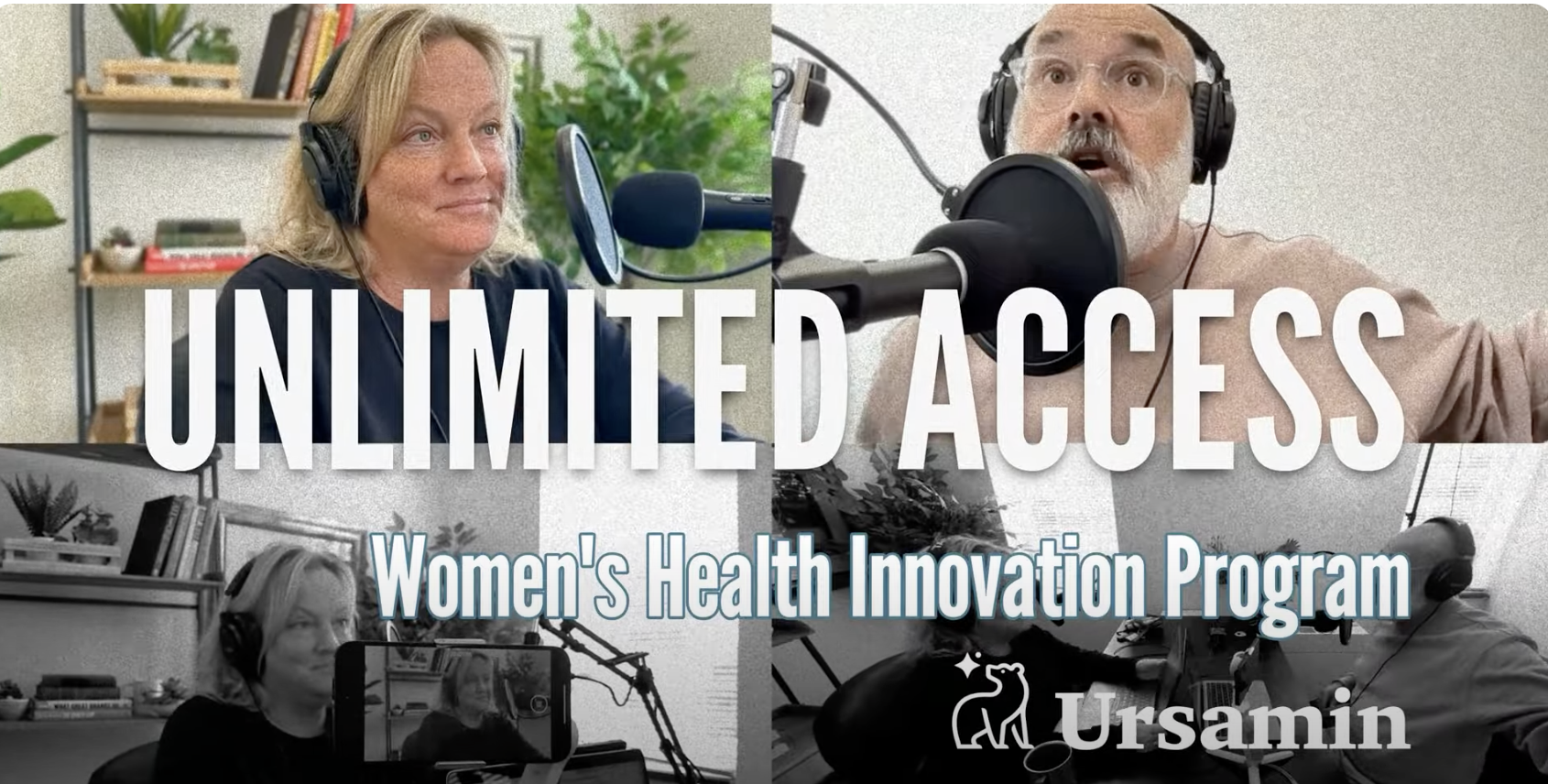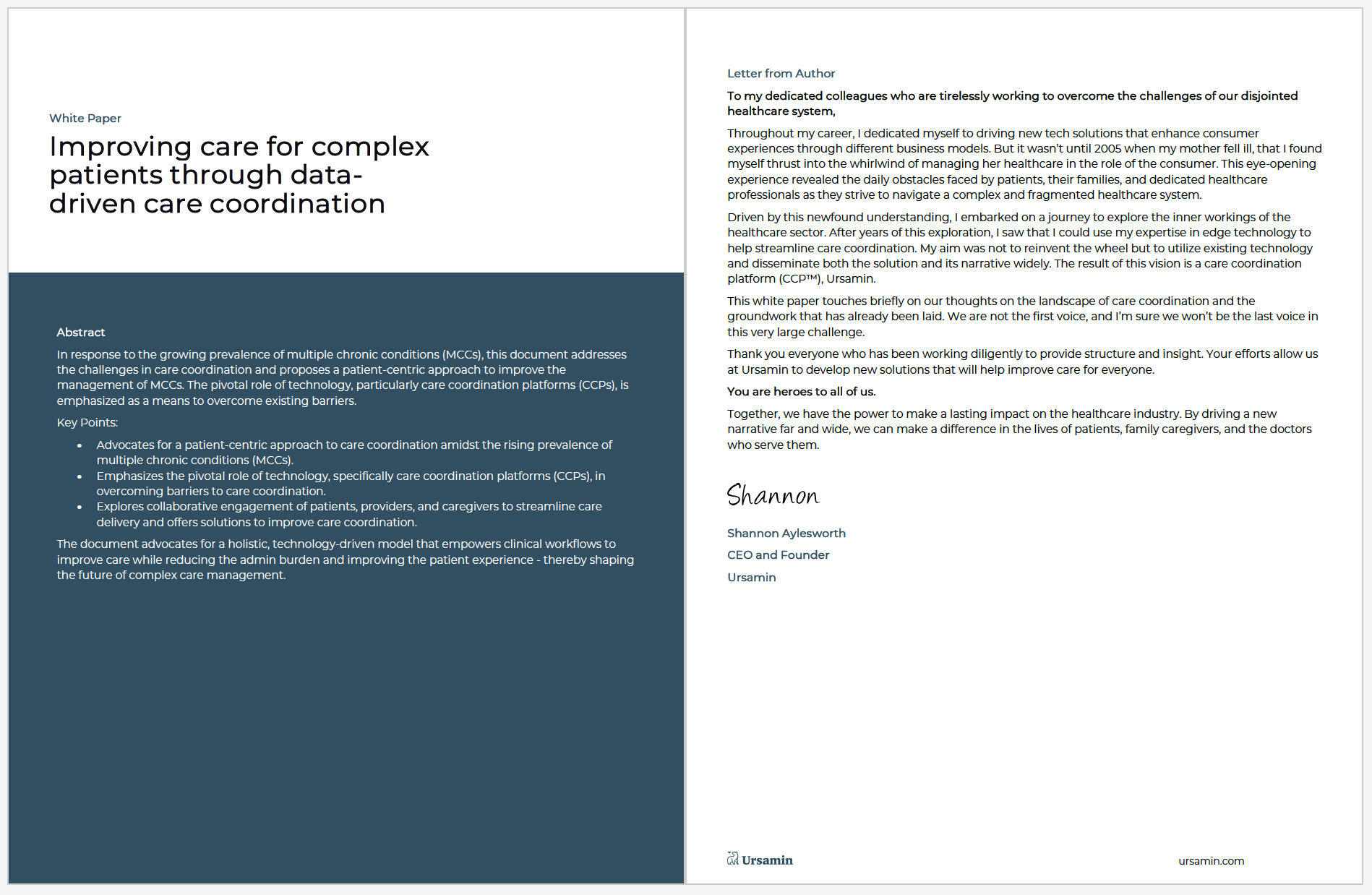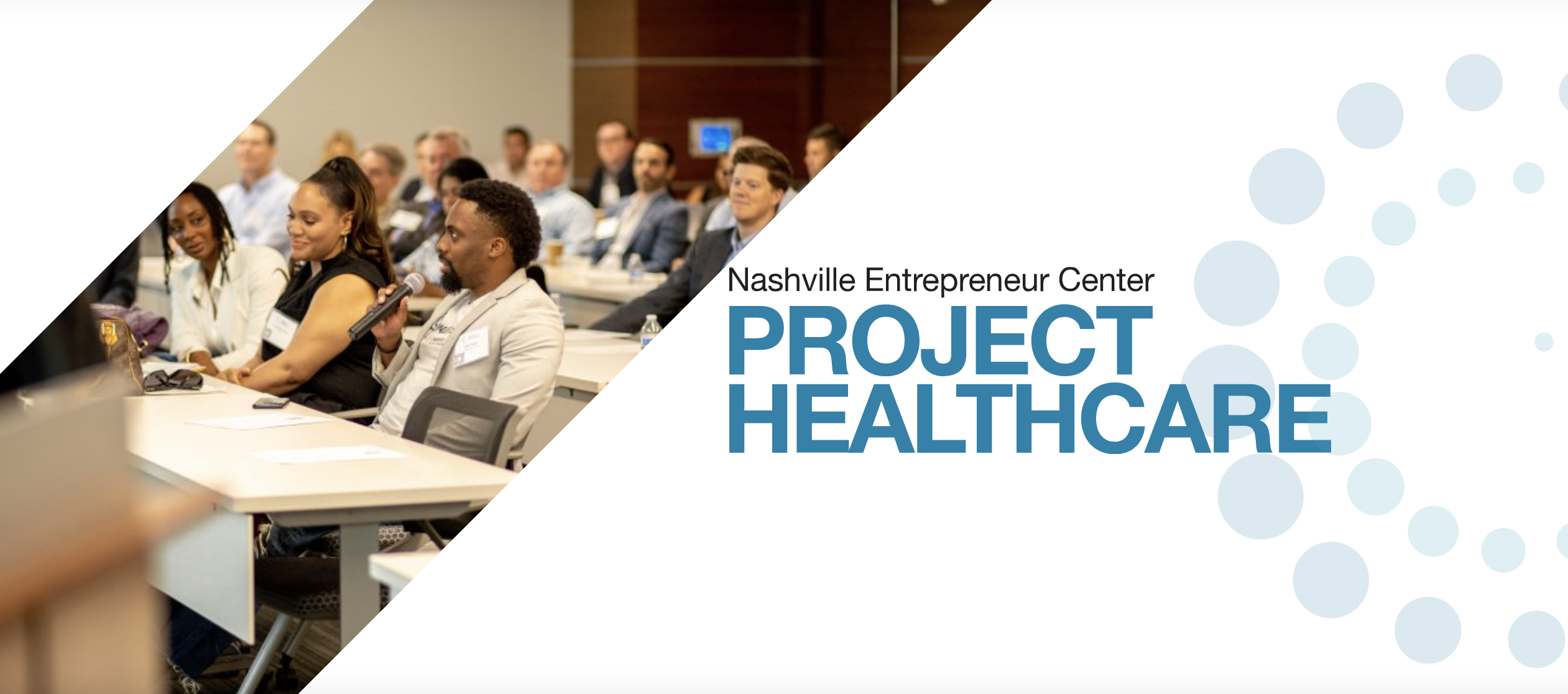This week on Unlimited Access, we had an enlightening conversation about healthcare, technology, mentorship, and international healthcare systems. This episode featured guest Ulrike Berzau, an executive and consultant in the healthcare sector with an international perspective. Shannon, Levi, and Ulrike’s conversation navigated several intricate facets of healthcare—ranging from technology’s role to system-wide data-sharing difficulties.
The Convergence of Technology and Healthcare
Shannon underscored the concept that nobody can be an expert in everything. Instead, what’s important is how you bring together diverse pieces of information and experiences to create a meaningful whole. Ulrike’s input on the role of technology in healthcare, particularly in rehabilitation services and post-acute care, enriched this perspective. One salient point raised was the rapidly changing landscape of healthcare technology and how this adds complexity to the system. For instance, younger generations, born with phones in their hands, are demanding more technological incorporation in healthcare, increasing the pressure on an already intricate system.
International Healthcare Systems: A Comparative Analysis
Ulrike and Shannon engaged in an eye-opening discussion about healthcare systems worldwide. They particularly discussed how countries like Israel and Denmark are leading the way in centralized, seamless data sharing. Meanwhile, the U.S. healthcare system is still grappling with interoperability challenges due in part to its decentralized structure and state-based governance. The “apples-to-apples” comparison surfaced in this context, questioning how one can fairly compare disparate systems.
The Complexities of U.S. Healthcare
According to Ulrike, one of the significant dilemmas in the U.S. healthcare system lies in its administrative burdens, including redundancy in data entry across different care touchpoints. This results in the fragmentation of healthcare data, causing difficulties in achieving unified patient care and hindering healthcare outcomes. The problem is exacerbated by the U.S. having different rules and systems across its states, making uniform standards hard to establish.
CARF and Accreditation
Towards the end of the conversation, the topic transitioned to CARF (Commission on Accreditation of Rehabilitation Facilities), a subject of expertise for Ulrike. While not elaborated upon during the podcast, CARF is an international non-profit accreditor that sets standards for quality in health and human services. It would have been interesting to delve deeper into how CARF or similar accreditation models could potentially contribute to solving some of the discussed healthcare issues.
Takeaways
- Multi-disciplinary Learning: Shannon emphasized the value of mentorship and learning from a diverse group of experts like Ulrike.
- Global Perspective: Ulrike’s international experience enriches the conversation, offering valuable comparisons and possibilities for the U.S. healthcare system.
- The Role of Technology: Everyone agreed that technology is both a boon and a challenge to modern healthcare, particularly regarding data management and patient engagement.
- State vs. Federal: The decentralization of healthcare governance in the U.S. adds a layer of complexity that impacts the uniformity of care standards and data sharing.
Conclusion
The episode on Ursamin’s Unlimited Access show provided a nuanced insight into the evolving landscape of healthcare. It touched upon the importance of mentorship, the role of technology, and the urgent need for administrative simplification and system-wide data sharing. As healthcare continues to evolve, conversations like these are invaluable for understanding the challenges and opportunities that lie ahead.





